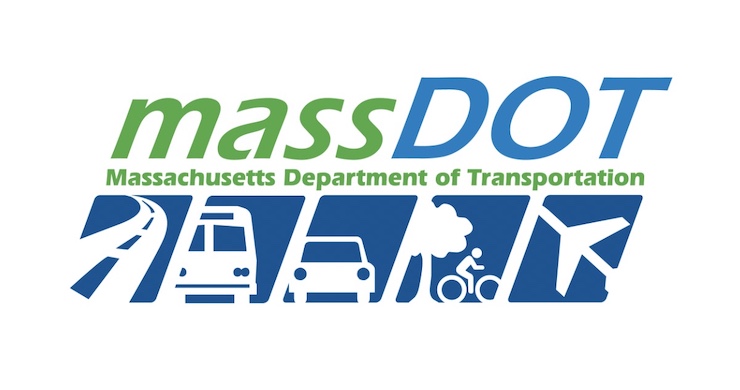Massachusetts Department of Transportation (MassDOT) Medical Drone Delivery Program

The commercial drone industry began to take flight in 2014. By 2016, the Federal Aviation Administration (FAA) introduced Part 107, which established the regulatory framework for commercial drone operations and the licensing required for operational compliance. With the implementation of Part 107 and rapid advancements in drone technology, the industry expanded quickly. At the forefront of developing integration protocols for drones in shared airspace has been the Massachusetts Department of Transportation (MassDOT).
In 2017, MassDOT established its Aeronautics Division and launched the Drone Operations Program to explore how drone technology could enhance the agency’s responsibilities. The successful launch of the program was made possible through a partnership with the Boston-based consulting firm, Windwalker Group. With more than two decades of experience at the time, Windwalker Group played a critical role in connecting MassDOT with the necessary government contacts and aviation experts to support the integration of Unmanned Aircraft Systems (UAS) into MassDOT and Massachusetts Bay Transportation Authority (MBTA) operations.
Within a few years, the partnership helped the program secure a $1 million grant from the Federal Highway Administration’s Accelerated Innovation Deployment (AID) Program. Then, in 2023, the FAA awarded MassDOT one of the first waivers to operate drones Beyond Visual Line of Sight (BVLOS). With this waiver, MassDOT expanded its use of drones for data collection, critical infrastructure assessment, construction monitoring, emergency response, and traffic incident documentation, among other applications.
Recently, MassDOT announced the successful completion of trials conducted by the Aeronautics Division’s Drone Operations Program to explore drone use for medical deliveries. Companies such as Zipline have revolutionized how drones can deliver critical medical supplies, regardless of proximity to a healthcare facility. Based in San Francisco, CA, Zipline has established a network of drone delivery hubs throughout Africa. These drone hubs autonomously transport vital medical supplies such as blood, vaccines, insulin, and antibiotics to remote, underserved villages.
Zipline’s successful drone delivery model in Africa expanded to test sites in Japan and the United States during the COVID-19 pandemic. The urgent need for safe, reliable access to medical supplies prompted the FAA to support such early drone delivery initiatives. MassDOT began its own medical drone delivery trials in August 2024, completing them in October 2024.
For the program, MassDOT partnered with three drone logistics companies: Draganfly (based in Canada), DroneUp, and Arrive AI (both based in the United States). The specific drone systems used by each company were not disclosed. However, all three companies are known for developing advanced drone hardware and software that utilize AI technology designed to address the unique challenges of urban logistics.
Each company demonstrated how drones can deliver medical supplies in various urban settings across Massachusetts. Speaking about the completed trials, MassDOT Aeronautics Acting Administrator Denise Garcia said, “This demonstration project reflects our commitment to exploring the use of drones to meet critical needs, such as the timely, cost-effective delivery of supplies and devices for health care and emergency management across the Commonwealth.”
Looking ahead, MassDOT’s goal is to begin using drones to deliver medical supply packages weighing up to 10 pounds as a last-mile delivery option. This would be particularly beneficial for emergency medical response and home-based healthcare services. Transportation Secretary and CEO Monica Tibbits-Nutt added that the new program complements the department’s existing drone ventures. “Drones have already proven useful in operations, including MBTA track corridor inspections, MassDOT highway bridge inspections, overhead project evaluations, and other needs,” she said. “We continue to assess the use of drones for other purposes in the future.”
With the likely progression of the drone industry, MassDOT’s commitment to innovating with drone technology through the integration of unmanned systems into transportation and healthcare logistics reflects a forward-thinking approach to improving public services. By exploring new applications, such as medical deliveries, MassDOT is positioning itself as a leader in the evolution of drone technology within the public sector. The success of such initiatives could ultimately lead to expanded drone delivery options that extend beyond the medical sector.
|